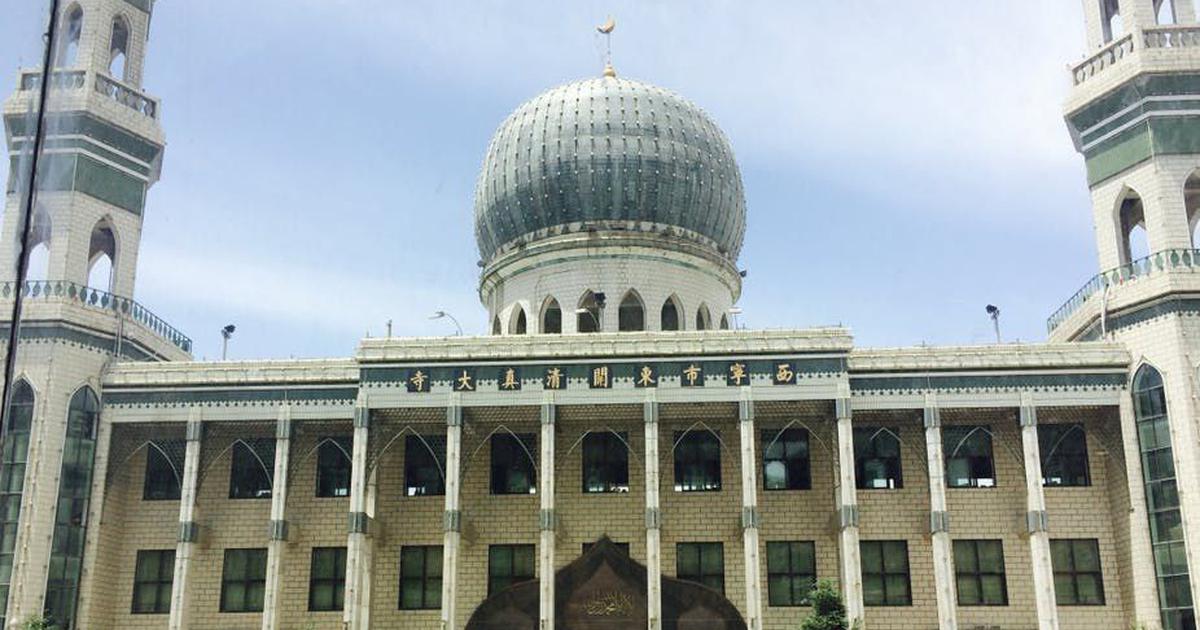Xining, the capital of the Qinghai province in northwest China, is usually very calm and even the daily interactions of the city’s residents, who come from various ethnic groups such as Han Chinese, Hui Muslims, Tibetans, Salar Turks, and others, always proceed without any significant conflict.
However, the controversial demolition of the Dongguan Mosque, one of China’s largest mosques, carried out by the city government forced the city to face a nationwide campaign to make Islam more Chinese or “sinicize” it. Or what they say “to guide Islam to be compatible with socialism” in the official language.
The removal of the Arabic-style domes and minarets from the front gate of the mosque sparked the anger of residents and even attracted the attention of some foreign diplomats. “This demolition also signals the extent of China’s efforts to ‘nationalize’ Islam,” said David R Stroup, Assistant Professor of Chinese Studies, University of Manchester.
Notifications about the renovation of the front gate of the Dongguan Mosque went viral on social media sites such as Sina Weibo and Zhihu on July 9. The forced renovation also targeted not only the Dongguan Mosque but several other mosques in Xining.
The displeased reaction from the local Hui Muslim community, which makes up 16% of Xining’s population, was palpable. A woman was filmed protesting alone while crying in the street in front of the mosque. But the protest proved futile when a tweet compared the previous photo of the mosque in the guidebook with the current state of the denuded building without its dome and minarets.
The sinicization of the Dongguan Mosque has significantly increased the assimilation of the Muslim minority carried out by the state and imposed by the ruling Chinese Communist Party.
The ruling party’s internal speech even likened Islam to a ‘virus’. It is this mentality that drives the regime to limit Islamic architecture in public spaces overtly.
The Nanguan mosque in Yichuan also underwent a similarly forced renovation in 2020. Linxia Hui autonomous district in Gansu removed loudspeakers used to broadcast Azan (the call to prayer and) Arabic signs from the mosques in June 2018. Three mosques in Yunnan were demolished after being declared as illegal unregistered buildings in the same year.


 WhatsApp Channel
WhatsApp Channel
 Instagram
Instagram
 Facebook
Facebook
 X (Twitter)
X (Twitter)
 Google News
Google News
Oh well, this is not the first time. Taliban destroyed the Bamiyan Buddha statues and countless other non-islamic monuments, ISIS destroyed countless non-islamic historical monuments in Iraq, Syria etc., Pakistan destroyed countless Hindu, Buddhist, Jain, Zoroastrian temples, Iran destroyed countless Zoroastrian fire temples… The list is endless. Please look inwards too.